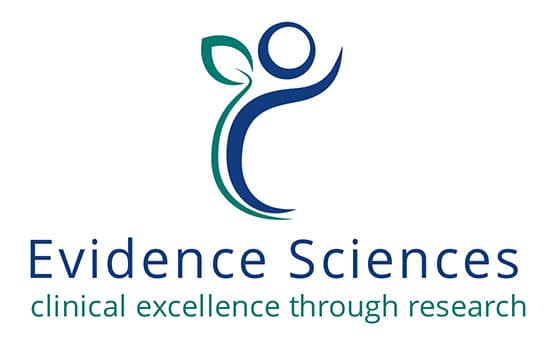Gut health – 10 most common terms to help you understand your gut health
Below are some common terms used when talking about gut health.
1. Probiotics: bacterial strains which have been identified to be beneficial for us such as some Lactobacillus we find in yoghurts and fermented foods
2. Prebiotics: substances which have been identified to feed probiotics and in this way are beneficial to our gut health
3. Gut microbiome: all the different organisms in our gut which includes bacteria, fungi viruses, bacteriophages and protozoa such as amoebas and the like
4. Digestion: breaking down our food into smaller particles which starts in the mouth were saliva contains enzymes which start to break down carbohydrates; chewing is a mechanical way of reducing particle size; acids of the stomach further digests food and the process is completed in the small intestine where digestible particles are fully separated ready for absorption; indigestible particles go through to the large intestine were microbes can digest some of it and the rest is excreted; health issues can arise when we eat all the right foods but are not able to digest some of them
5. Absorption: after digestion of food into smaller particles, they have to pass through the protective layer of our gut wall and only then can it be used by us. Health issues can arise when we eat all the right foods but can’t absorb all of them; for example, fat-soluble vitamins need fat for absorption
6. Dysbiosis: in health, we have a well-balanced mix of microbes in our gut covering all the jobs they are supposed to do. An unbalanced state called dysbiosis can have serious health implications particularly when pathogens come to dominate. This happens frequently with Candida, which is always there but normally kept in check by our good guys
7. Constipation: not classified as a disease, but has to potential to greatly impact on one’s life when we have difficulties to ‘go’ regularly – three or more times per week is considered normal; it also slows down the normal detoxification process where hazardous substances are excreted
8. Indigestible fibre: carbohydrates for which we don’t have enzymes to be able to digest them; some of our gut microbes can break them down for us and convert them into energy
9. Gene-sequencing: microbes in our gut are too small to be observable and most of them live in an anaerobic environment so we can’t grow them in a Petrie-dish for identification. Gene-sequencing is the process of identifying microbes through analysis of genes found in a stool sample or biopsy.
10. Nutrigenomics: scientific study of the interactions of nutrients and genes used for prevention of treatment of diseases or development of supplements
Evidence Sciences Wellness Clinic
At Evidence Sciences Wellness Clinic our specialist healthcare practitioners can explain how your gut microbiome is key to good health. If you’re not sure if you’re where to start, give us a call on 0431 256 393 or visit click here to book in with one of our gut health practitioners to discuss how to become the healthiest person you can be. Stay healthy! Dr Beth Steels / Rene Erhardt Evidence Sciences Wellness Clinic
Contact Evidence Sciences Wellness Clinic
Evidence Sciences – your gut microbiome and good health.

